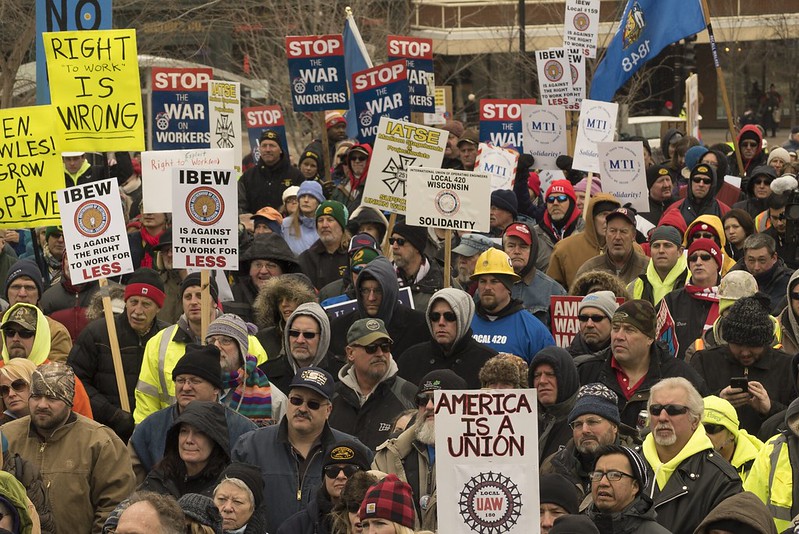
What happens when official information aimed at changing people’s behaviors clashes with popular accounts and folk theories? In a time of conspiracy theories and conflicting narratives about everything from pandemic precautions to TikTok, this question is often top of mind.
In a recent article with Laura Doering, we examine this question in the context of a financial inclusion program in Colombia. Financial inclusion, or the incorporation of low-income consumers into the formal financial sector, has become a priority for governments, banks, and international organizations around the world, and Colombia is no exception. According to the World Bank, fewer than half of Colombians have a bank account, and the poor are especially unlikely to have one.
Continue Reading…




